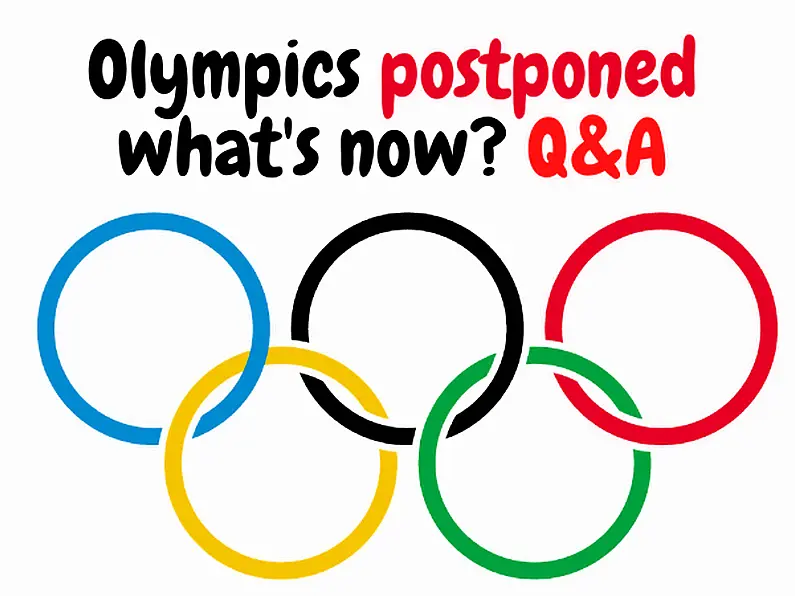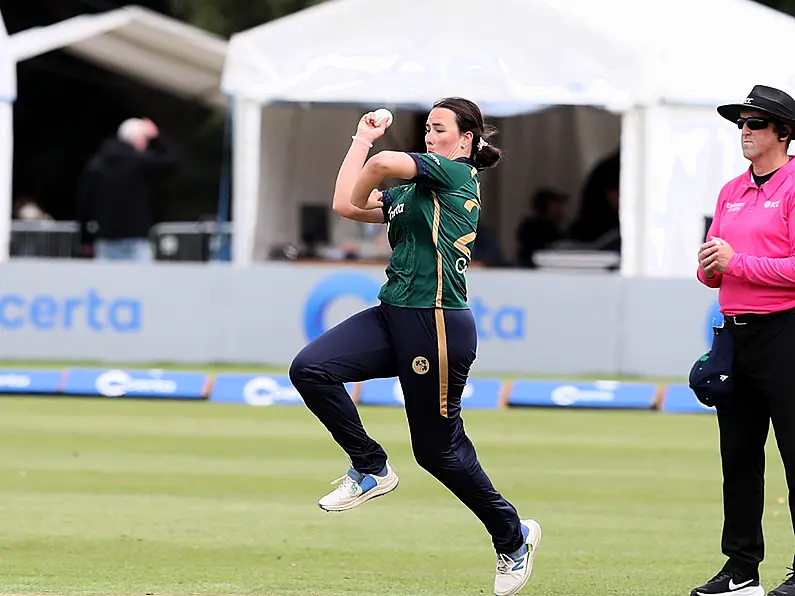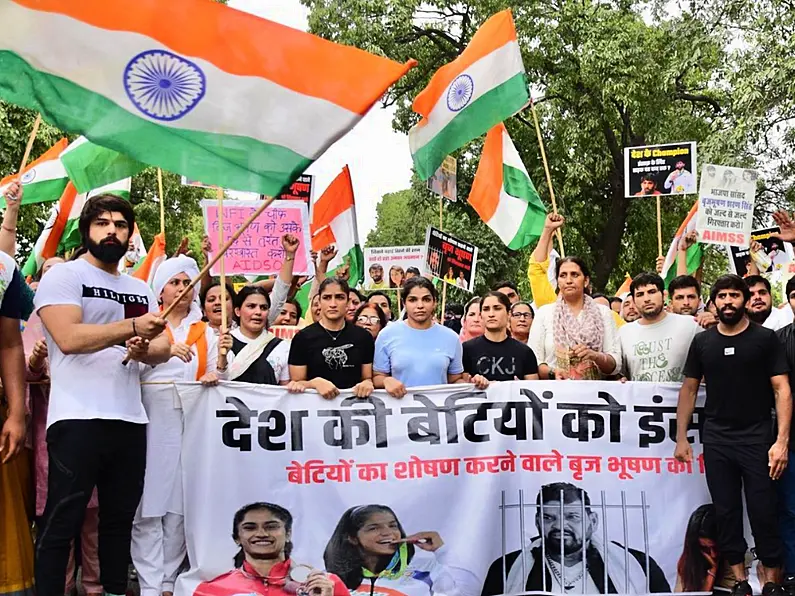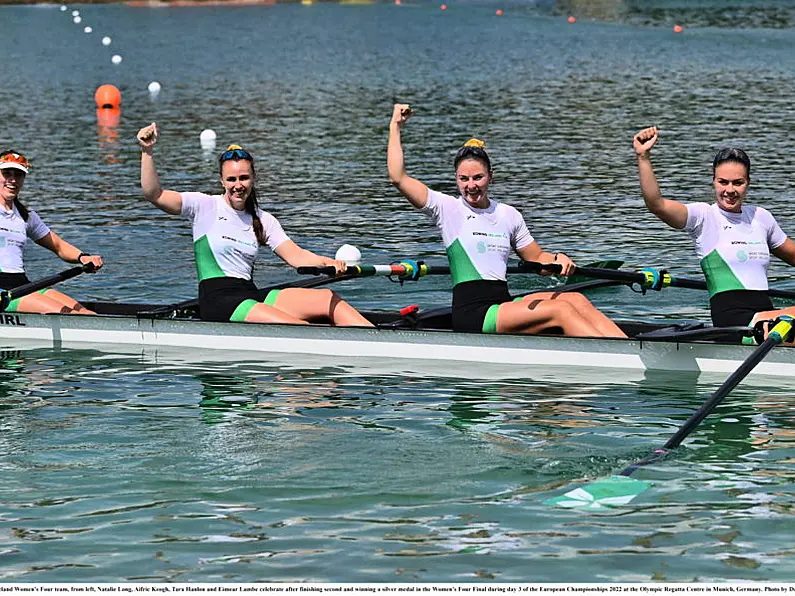Postponing the Olympics and Paralympics in the midst of the coronavirus pandemic was a widely accepted move, with a chorus of acknowledgment across the globe.
However, actually moving the massive Tokyo Games presents an entirely new jigsaw puzzle of logistics for organizers.
Both the Olympics and Paralympics involves just under 16,000 athletes. Add to this 206 national Olympic committees, dozens of sports federations, thousands of contracts, multiple venues and billions of dollars. Not to mention the small matter of hotel and flight reservations, tickets and over 80,000 volunteers.
Clearly there are some loose ends to fix. Here’s what we know so far;
Q: When will the Olympics be held in 2021?
A: No dates have been confirmed yet. The International Olympic Committee (IOC) and Japanese organizers have this as the top priority. They need firm dates to start planning again, just as the athletes need them to re-focus their training.
There will be an awful lot to consider regarding the timing of the event. Next summer will see a number of large tournaments taking place, including the Lions Tour to South Africa, the UEFA Euro 2021 women’s and men’s tournament, the Ryder Cup and the World T20 tournament. To add to this, the World Championships of both track and field and swimming (two vital sources of income for the governing bodies) are currently planned for July and August.
Seb Coe hinted that the Olympics may take place during Spring. This push-forward This won’t effect the marathon as it is likely to remain in Sapporo. The marathon was moved from Tokyo to avoid the summer heat and seems sure to stay there.
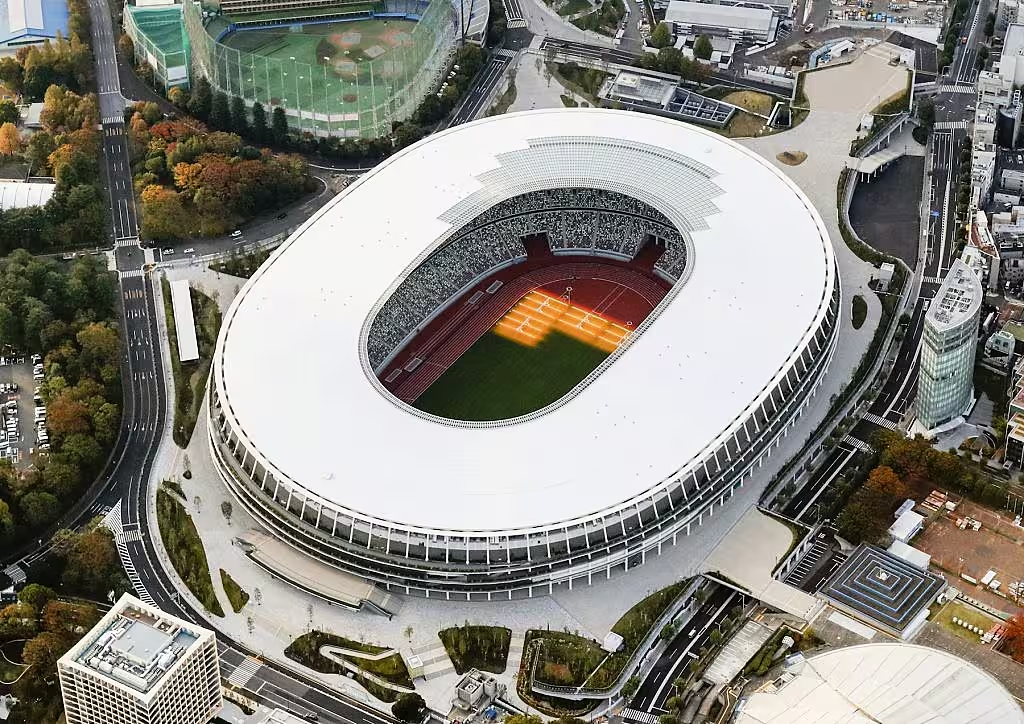
Q: What about people who have bought tickets? About 7.8 million are available. Demand is Japan is 10 times over supply.
A: Ticket sales are expected to raise around $1 billion for the local Japanese organizers – so as you can imagine this is a major issue. All tickets sold have a “force majeure” clause. This means that the organizers might be let off the hook of paying refunds if the coronavirus is deemed to be “beyond Tokyo 2020’s reasonable control.”
According to the Tokyo CEO Toshiro Muto, “We don't have a final conclusion about what our policy will be. As much as possible, we want to make sure that people who have already bought tickets will get special consideration.”
Q: What will the postponement cost the organizers?
A: Current estimates suggest between $2-3 billion. Local organizers and the Japanese government bodies say they are officially spending $12.6 billion to host the Olympics. However, a national government audit report in December put this costs at twice that.
When Tokyo won the Olympic bid back in 2013, it said the games would cost $7.3 billion. Currently, private-sector money makes up $5.6 billion of today's total budget, with the rest (whatever grand total that may be) is is public money.
Despite its problems, the IOC will survive as long as it appeases the broadcasters and sponsors. Broadcasters make up 73% of the IOC income, and sponsors add 18%.
Q: Where is the Olympic flame that arrived from Greece on March 12?
A: It's in Fukushima prefecture, the north-eastern region of Japan that was devastated by the 2011 earthquake, tsunami, and the meltdown of three nuclear reactors. The flame is being stored in a small lantern. It's unclear how long the flame will stay there. It could remain for a year and be the focal point for games next year. Or it could move to Tokyo.
Q: What will next year's Olympics in 2021 be called?
A: It will still be the Tokyo 2020 Olympics. The logo and all the merchandise are expected to remain unchanged. Any switch would have required replacing enormous amounts of advertising and products. A change would have also created a massive market for Tokyo 2020 material — the Olympics that didn't happen. The medals will also stay the same.
These are the first games postponed in the modern era, dating from 1896. Olympics were canceled during wartime in 1916, 1940 and 1944. The 1940 Olympics were to have been in Tokyo.

Q: What will happen to the Athletes Village?
A: The sprawling site on Tokyo Bay — 5,632 apartments — will be sold off after the Olympics. Reports say about one-quarter of the units have already been sold. Some units will cost more than $1 million.
Q: What will happen to the athletes who have already qualified?
A: Athletes who had already qualified for the 2020 Tokyo Olympics before it was postponed will keep their places when the showpiece takes place in 2021.
Around 57% of the 11,000 scheduled participants for Tokyo Olympics had already made sure of taking part when the IOC pushed the Games back.
